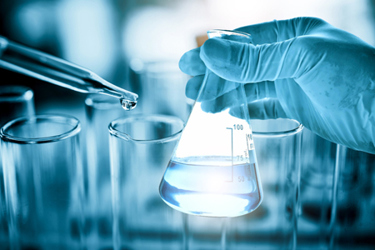Nuances Of Sample Preparation For UHPLC Testing In Early Phase Stability Programs

In early-phase drug development, obtaining accurate and reliable stability data is paramount, and ultra-high performance liquid chromatography (UHPLC) plays a critical role in this process. However, the nuances of sample preparation can significantly impact the quality of the results. One major challenge is the limited availability of active pharmaceutical ingredients (APIs) during early development stages, which necessitates efficient use of materials. To address this, preparing concentrated stock solutions and employing UHPLC systems capable of handling low injection volumes can conserve precious samples without compromising analytical integrity. Additionally, as formulations evolve, the sample preparation methods must be adaptable. This involves careful selection of solvents and optimization of chromatographic conditions to account for changes in excipient concentrations or the introduction of new ingredients. Regular reassessment and validation of the sample preparation protocols are essential to ensure that they remain robust and reliable throughout the development process. By meticulously managing these aspects, researchers can overcome the challenges inherent in early-phase stability programs and generate high-quality data that supports the successful advancement of drug candidates.
Get unlimited access to:
Enter your credentials below to log in. Not yet a member of Outsourced Pharma? Subscribe today.
